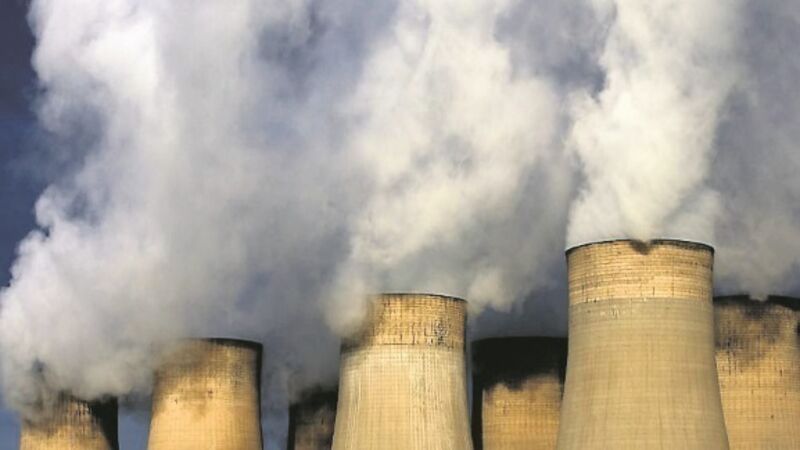Follow the children’s lead on climate

“I don’t know how to want less,” is one of the more arresting lines from the excellent play, The Children, written by Lucy Kirkwood and currently playing at The Gate theatre in Dublin.
Do you know how to want less? Me neither, but it’s something we’re all going to have to get used to if the show is to stay on the road.














